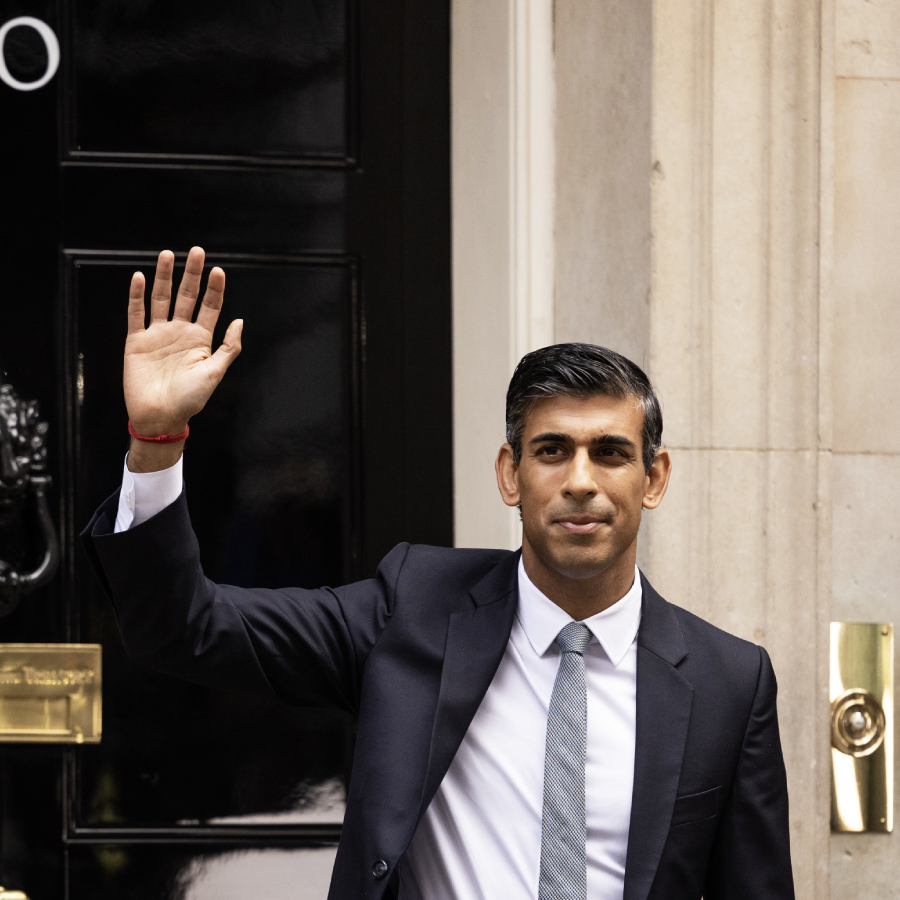A shorter working week could help to close the gender pay gap
As men worked less during the pandemic, they took on a greater share of household chores — reducing women’s unpaid labour


As men worked less during the pandemic, they took on a greater share of household chores — reducing women’s unpaid labour
It’s easy to imagine how a four day working week could transform our mental health and work life balance. But, according to a new report by the Women’s Budget Group (WBG), a shorter working week could also help to close the gender pay gap.
When unpaid care work is taken into consideration, such as childcare and household chores, women continue to work longer hours for less money than men.
As Covid-19 changed our working patterns, WBG researchers studied the impact this had on unpaid care work. As men’s working hours declined, the time they spent on unpaid care at home increased. While women continued to do most of the unpaid labour, men’s share increased to 40%, up from 34% in 2015.
In the second phase of the pandemic, men’s paid hours recovered and the trend reversed. This suggests that a shorter working week could lead to a more even distribution of housework and care responsibilities.
Forming part of WBG’s work on the Feminist Green New Deal, the report also explores how overwork and overproduction contributes towards climate change. Evidence suggests countries with shorter working weeks have lower greenhouse gas emissions per person.
So by reducing emissions and women’s unpaid labour, a shorter working week could tackle the intersecting crises of inequality and environmental breakdown. But, the report says, to do this effectively would require various policy changes.
Marie Claire Newsletter
Celebrity news, beauty, fashion advice, and fascinating features, delivered straight to your inbox!

The report calls for a comprehensive labour policy package to support changes to the working week, based on case studies of reduced working patterns in France, Portugal and South Korea. This would need to include careful planning and assessment to avoid shortages of particular skills and types of labour, plus a flexible approach to a shorter working week where a shorter working day or a three-day week could be considered.
The package would also need to implement strong pro-labour institutions, particularly well-coordinated trade unions, equal pay legislation, increased job security, higher minimum wages and permanent contracts. The report claims a reform in parental leave policies could help encourage a more equal distribution of care within couples.

Dr Sara Reis, deputy director and head of policy and research at WBG, said:
“The pandemic provided a natural experiment around the benefits of a shorter working week. We know that care was more evenly shared when men were working fewer paid hours. As we continue to battle the inequalities exacerbated by the pandemic, it’s only right that we start to learn from the experiences of it.”
She continued: “A shorter working week is good for the planet and it’s good for people. But it must form part of a wider set of labour measures that includes a reform of our parental leave system. If women are spending their extra time on domestic labour while men spend it relaxing, we’ll never see parity in how we share care.”
As governments and organisations continue to reflect on what we’ve learned through the pandemic, could change be on the horizon? What do you think — could a shorter working week help to bring about equality?
-
 Vintage sales, flower festivals and unique brunches - 7 fun and frivolous things to do this bank holiday
Vintage sales, flower festivals and unique brunches - 7 fun and frivolous things to do this bank holidayBy Jadie Troy-Pryde
-
 How Ben Affleck feels about dating after his divorce from Jennifer Lopez
How Ben Affleck feels about dating after his divorce from Jennifer LopezHe's taking it slow
By Iris Goldsztajn
-
 Dior travels to Kyoto for a cherry blossom-inspired fashion show
Dior travels to Kyoto for a cherry blossom-inspired fashion showHere's everything you need to know
By Clementina Jackson
-
 These are the best UK cities to live in, based on cost of living
These are the best UK cities to live in, based on cost of livingBy Jenny Proudfoot
-
 "Told off for sharing my salary": How a lack of pay transparency is fuelling the gender pay gap
"Told off for sharing my salary": How a lack of pay transparency is fuelling the gender pay gapYou need to start telling your colleagues what you earn, ASAP...
By Catriona Harvey-Jenner
-
 The second cost of living payment arrives from today - are you eligible?
The second cost of living payment arrives from today - are you eligible?More than 8 million households are eligible to receive the £650 cost of living payment.
By Jenny Proudfoot
-
 Rent prices have risen, again - and this is particularly bleak if you live in London
Rent prices have risen, again - and this is particularly bleak if you live in LondonIt's not good news for renters as the average weekly rent has increased across the UK, again.
By Lauren Hughes
-
 Can Rishi Sunak turn around Britain's crumbling economy?
Can Rishi Sunak turn around Britain's crumbling economy?Experts give their thoughts.
By Lauren Hughes
-
 12 incredibly stylish wedding dresses you'll never believe are under £500
12 incredibly stylish wedding dresses you'll never believe are under £500For the chic yet budget-conscious bride
By Sofia Piza
-
 Campaign groups are urging the government to put a cap on rent as landlords hike up prices
Campaign groups are urging the government to put a cap on rent as landlords hike up pricesLandlord group claims that property owners are not just “getting greedy”, but are adjusting prices to cope with the cost-of-living crisis
By Kate Hollowood
-
 UK wages have fallen at the sharpest rate on record
UK wages have fallen at the sharpest rate on recordWith inflation rates set to keep rising, things could get even worse later in the year
By Kate Hollowood